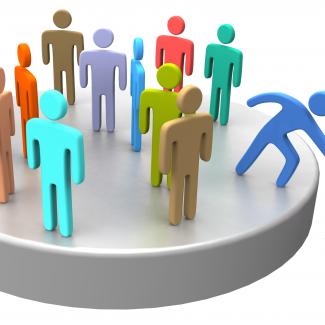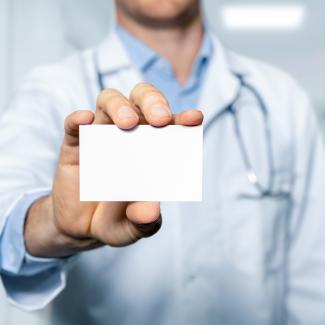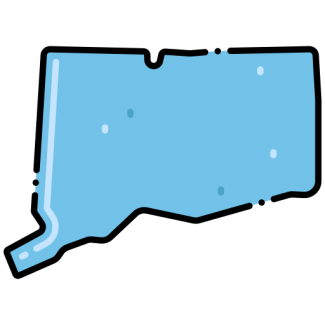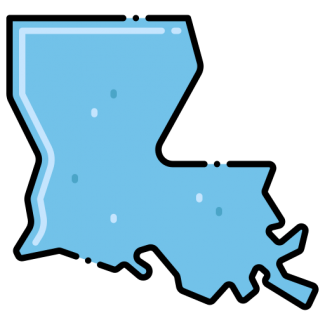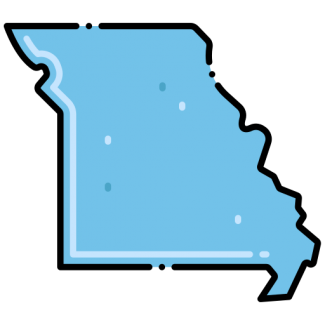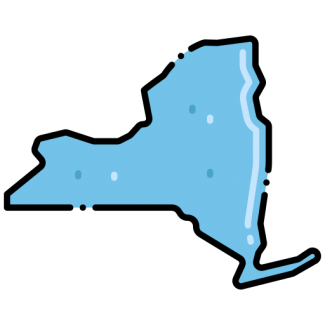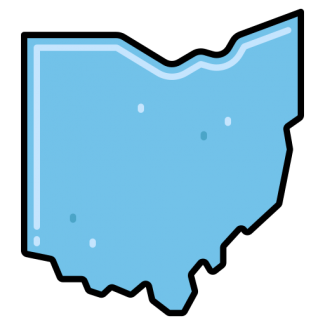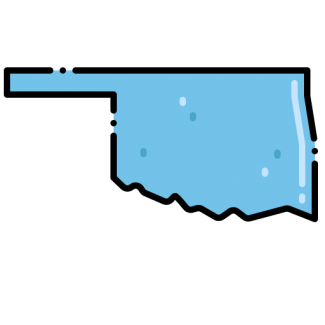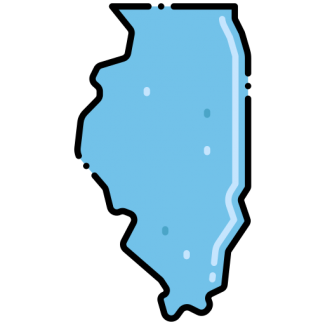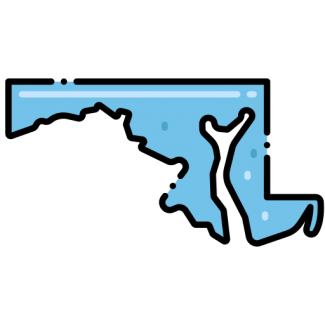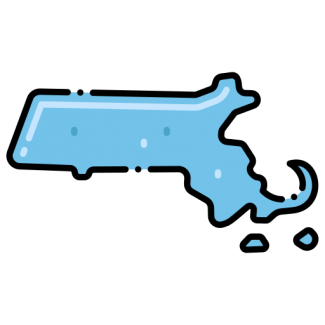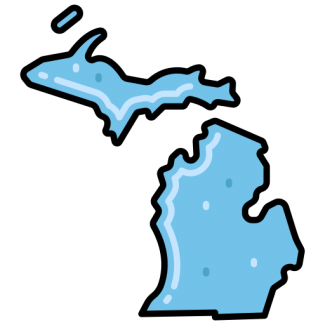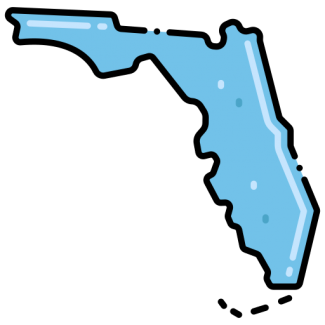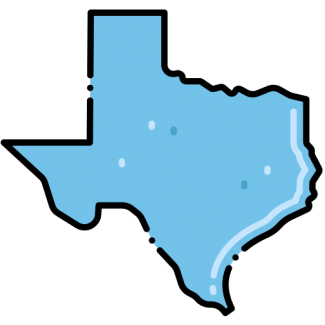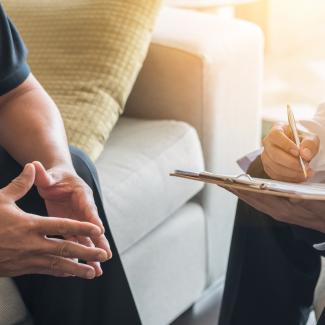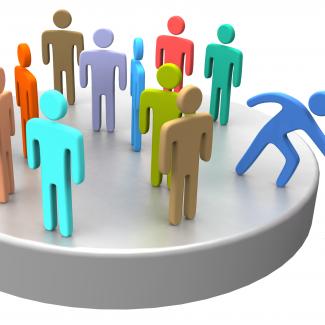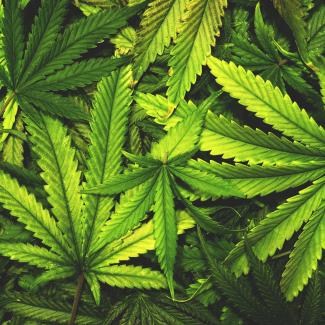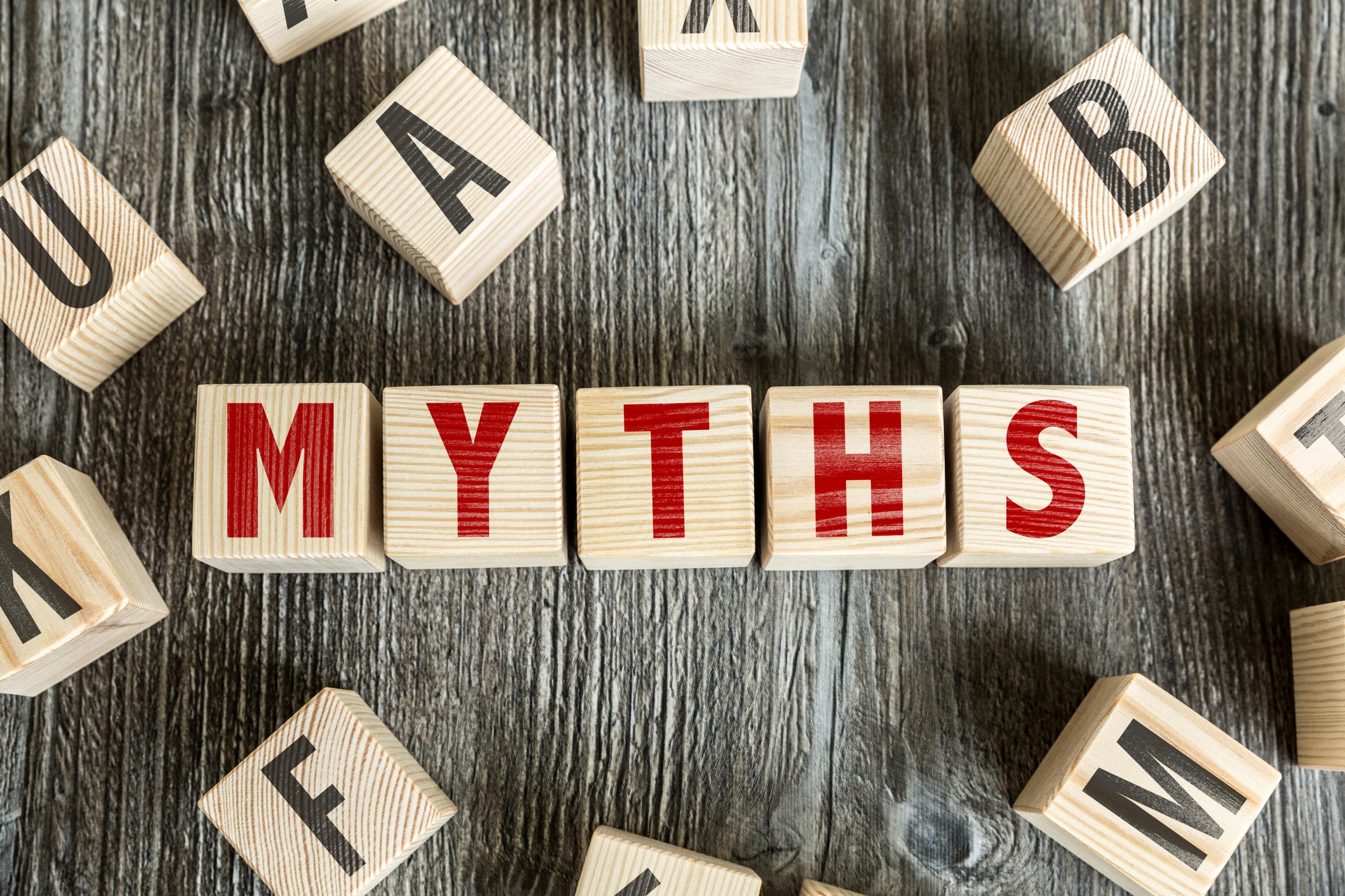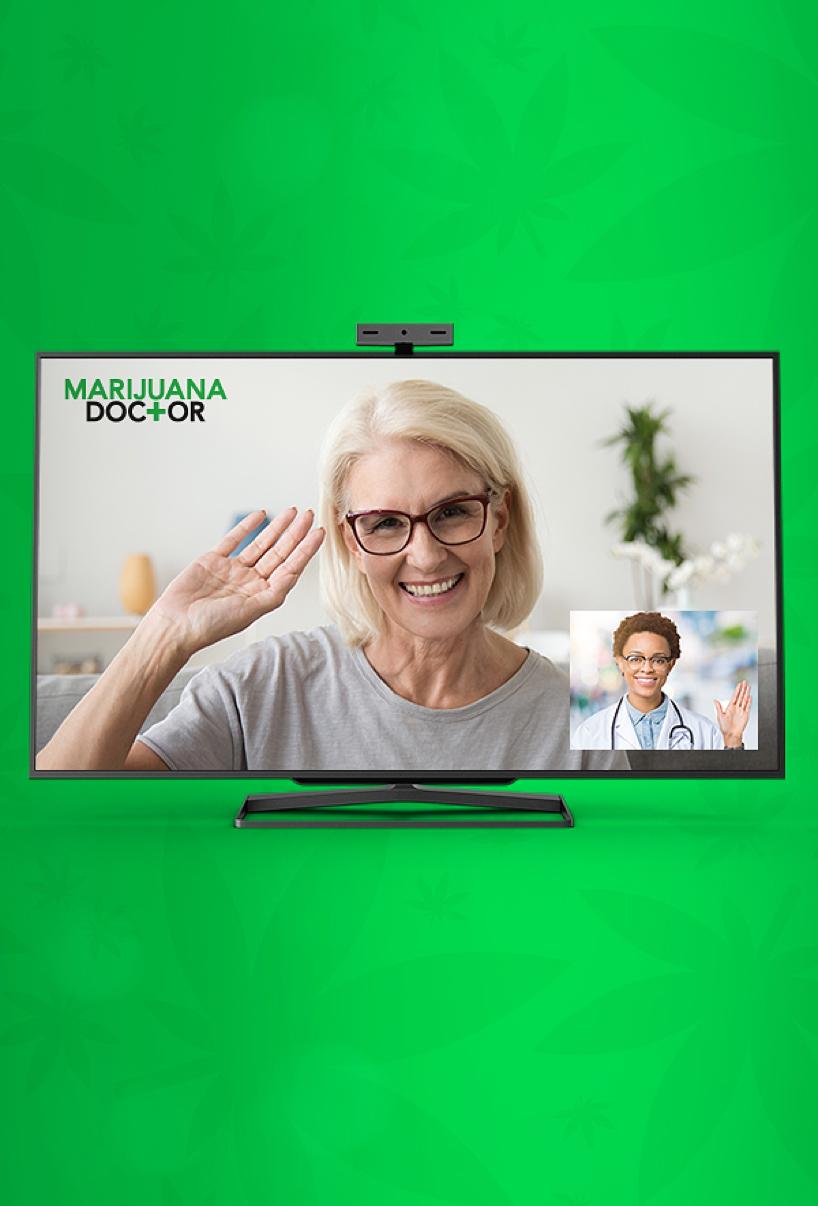CBD has become well-known for it’s overwhelmingly safe and therapeutic medical benefits. With this new popularity, also comes several misconceptions. Below we will address the 6 most common CBD myths and misconceptions.
“Education is the most powerful weapon which you can use to change the world.” - Nelson Mandela
6 Common CBD Myths and Misconceptions
CBD is “Medical” and THC is “Recreational”
CBD is non-psychoactive, meaning that it does not produce intoxicating effects. THC on the other hand, is psychoactive, and often times will provide you with a sense of euphoria. This is the general reason why this misconception exists in the first place. The question, “How does CBD treat anxiety and boost mood if it is not mind altering?” often arises when this myth comes up.
The major difference between the two forms of cannabis, is that CBD will technically affect the mind (positively, in most cases), but it will not impair mental or physical function. THC will impair mental and physical function, which is why it is commonly associated with recreational purposes. It’s important to note that for this reason, it is illegal for you to operate a vehicle under the influence of THC.
To say that CBD is mostly beneficial for medicinal purposes, would actually be pretty accurate. With that being said, it may help you feel more relaxed in social situations, perhaps making it good for recreational purposes, afterall.
THC is a major player, not just for recreational purposes, but for medicinal purposes as well. It is involved in hundreds of medical studies, and has been shown to be extremely beneficial for treating a vast array of symptoms.
CBD will Sedate You
Contrary to popular belief, CBD is not a sedative. It will actually make you feel more focused and alert. Furthermore, when used together, CBD will counteract the sedative effects of THC. If this is true, why does this misconception exist?
This is where the importance of Terpenes come in. Many varieties of cannabis containing high levels of CBD also contain high levels of the terpene, Myrcene. This terpene has been found to be beneficial as a sleep aid.
If you want to use CBD for it’s energizing effects, choose a strain that is free of Myrcene. You’ll feel awake and when the time comes to go to bed, you won’t have any issues falling asleep!
You Just Need a Little Bit
To keep it simple, CBD is much less potent than THC when it comes to relieving symptoms. While there is overlap in terms of the symptoms that the two can treat, the way that they accomplish relief is very different.
Studies that look at CBD for treating illnesses like Schizophrenia and seizures require hundreds of milligrams per dose. In other words, it’s not a one size fits all. Depending on your symptoms or illness, you may require more or less.
Isolates will Produce the Same Effect as Whole Plant Therapy
This brings us back to the important relationship between CBD and THC. On it’s own, CBD isolate has proven itself to be extremely helpful as a medicine. At this point in time, very few people would argue differently. With that being said, it’s usually even more helpful when combined with the other compounds found in the cannabis plant, including THC.
There are literally hundreds of different compounds found in the plant that all work together to accentuate the medical benefits. This is what we refer to as whole plant therapy. While CBD isolate can effectively treat something like anxiety, the relief can be even greater when elements of the entire plant are utilized.
CBD Activates Endocannabinoid Receptors
Our body has built in receptors, called endocannabinoid receptors, to process naturally occurring endocannabinoids such as dopamine and serotonin. Endocannbinoids and receptors respond to illness and injury. The endocannabinoid system’s primary job is to maintain balance and health in the body.
THC and CBD are also naturally occurring cannabinoids found in the cannabis plant. THC interacts with, and stimulates these receptors, just as dopamine and serotonin do. CBD actually does not directly stimulate these receptors, but actually turns down their effects. At the same time, CBD has the ability to increase cannabinoid signaling even though it doesn’t directly activate the receptors.
It’s Legal in All 50 States
False. While certain forms of CBD are available in almost every state, the compound is still classified as illegal by the DEA. Producers and retailers of hemp-based CBD (less than 0.3% THC) face some risk, but this depends on how motivated federal agencies are to enforce regulations. Luckily, it is extremely unlikely that these agencies will pursue consumers. They’re much more interested in producers and retailers.
Contact Us
If you’re interested in trying medical marijuana to relieve your symptoms, call us at (844) 442-0362 or schedule your free consultation with one of our licensed physicians online, today.

